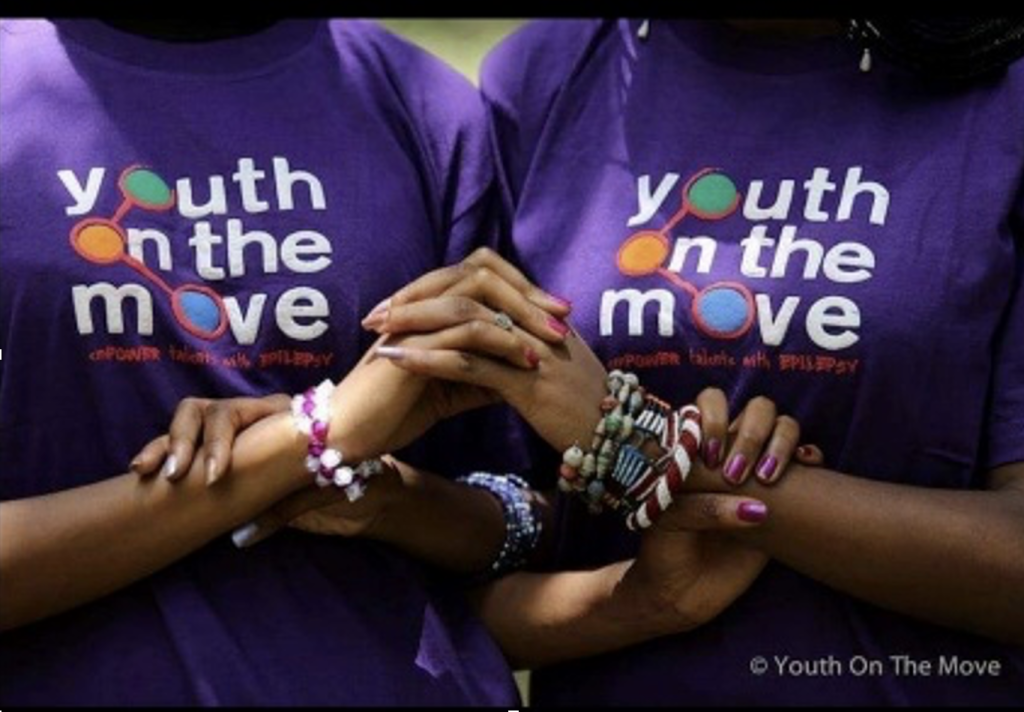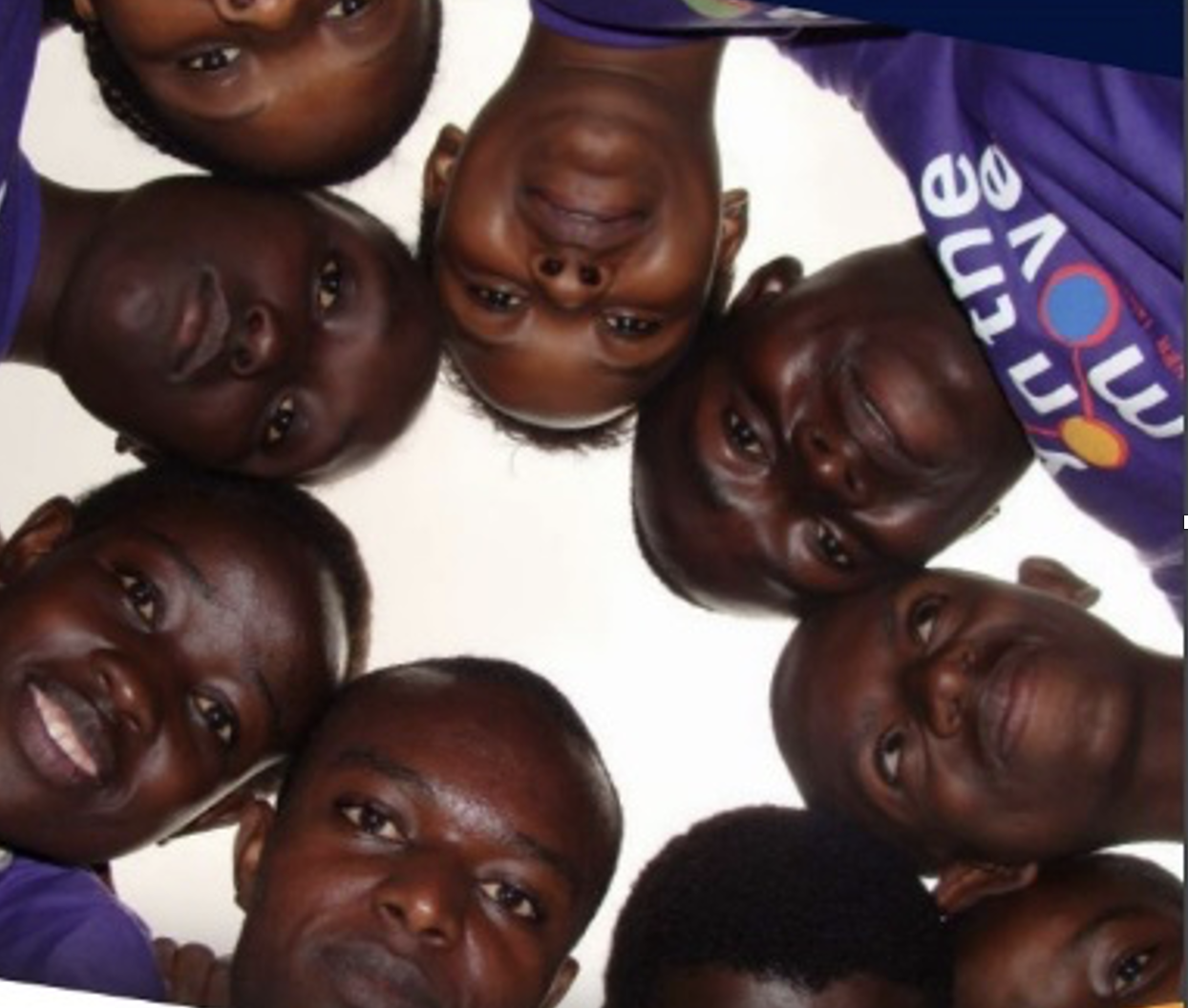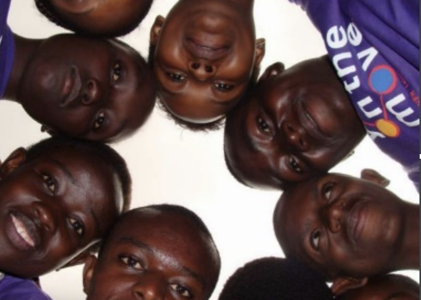Musimbi Epillose

The concept of #ShiftThePower is rapidly taking over the old development approaches. For a long time, grassroots organizations were placed behind the scenes while they implemented development initiatives of big donor organizations. In this scenario, grassroot organizations worked under the control of the big organizations with limited knowledge of the full project funding. Monitoring and evaluation reports determined and summed up the nature of the relationship grassroots organisation had with “their masters.” The entry of professionals from “the master” to build capacity and mentor the grassroot organizations was non-existent, because the masters’ understanding of capacity had no bearing on local realities. In cases where this capacity building existed, it took the shape of formal compliance requirements that only served the donor organisation.
A keen analysis of this approach depicts a clear norm of a self-absorbed attitude from international organizations that also creates an instinct for self-preservation. The international aid system also has a clear glass ceiling where those at the grassroots can only look at development philanthropy through the eyes of the big organizations that the philanthropists trust and believe in. However, this clear glass is one way, where grassroot groups can see international organizations but international actors do not fully see the world of grassroot groups. For example, in this way the community resources (physical, intellectual, social capital) are overlooked by the international system because large donor organizations believe resources and knowledge can only flow from them or from the top to the bottom.

In capacity building sessions as the community level, it is assumed external organizations that come to the community have all the resources including trainers. So, they ferry everything from the city without seeking the contribution of the targeted communities. The result is, the workshop starts and ends with the donor “ticking their boxes” until the follow up happens again while continuously ignoring the resources already within communities. All these are the symptoms of a self-absorbed system that fuels self-preservation, domination and the need to remain relevant by holding onto a system that is no longer fit for purpose. Ultimately, out of this meaningful development is compromised, the dependency syndrome and poverty cycle are perpetuated.
The notion of self-care implies a self-preservation that contrasts with the idea of collective-care and a collective-preservation. Self-care is sometimes presented in ways that are a perpetuation of capitalism which continues to bring more division in the development world. Creating a perception where we see ourselves as isolated individuals and not part of larger collective group. In the same way, many international funders see themselves as the only donors of development work, and not one of the many funders who also include communities. In terms of resources, what good does the donor derive in supporting activities day in day out without minding how the grassroots groups also contribute their resources to the development agenda? Without questioning what the grassroot groups bring to the table and contribute meaningfully to the common good? If such questions don’t cross the minds of the development philanthropists, if they continue to think they are the only funders of this work, then they will adopt an attitude of self-preservation and not collective preservation.
The international aid system also has a clear glass ceiling where those at the grassroots can only peep at development philanthropy through the eyes of the big organizations that philanthropists trust and believe in. However, this clear glass is one way.
As we work to #ShiftThePower, let’s move away from self-care to embrace a collective care. To see each other as collective contributors of resources and energy towards social change to a larger plan. That way, for anyone investing in communities, you ease your burden on me while I strive to ease my own burden thus easing your burden as well.
Otherwise, the struggle of international actors trying to reach the grassroots, wasting lots of resources along the way, experiencing fatigue and burn out. All that compared with the struggle of local actors trying to reach the “top” (where the ceilings of self-care and self-preservation is so tight) means the end game to a meaningful outcome is a comic one! Collective care is the answer to these questions that divide us. It is a half-half game in which we recognize each other’s inputs in a way that brings mutual benefits to all.
Musimbi Epillose is the Director of Youth on the Move, and is based in Kenya.

